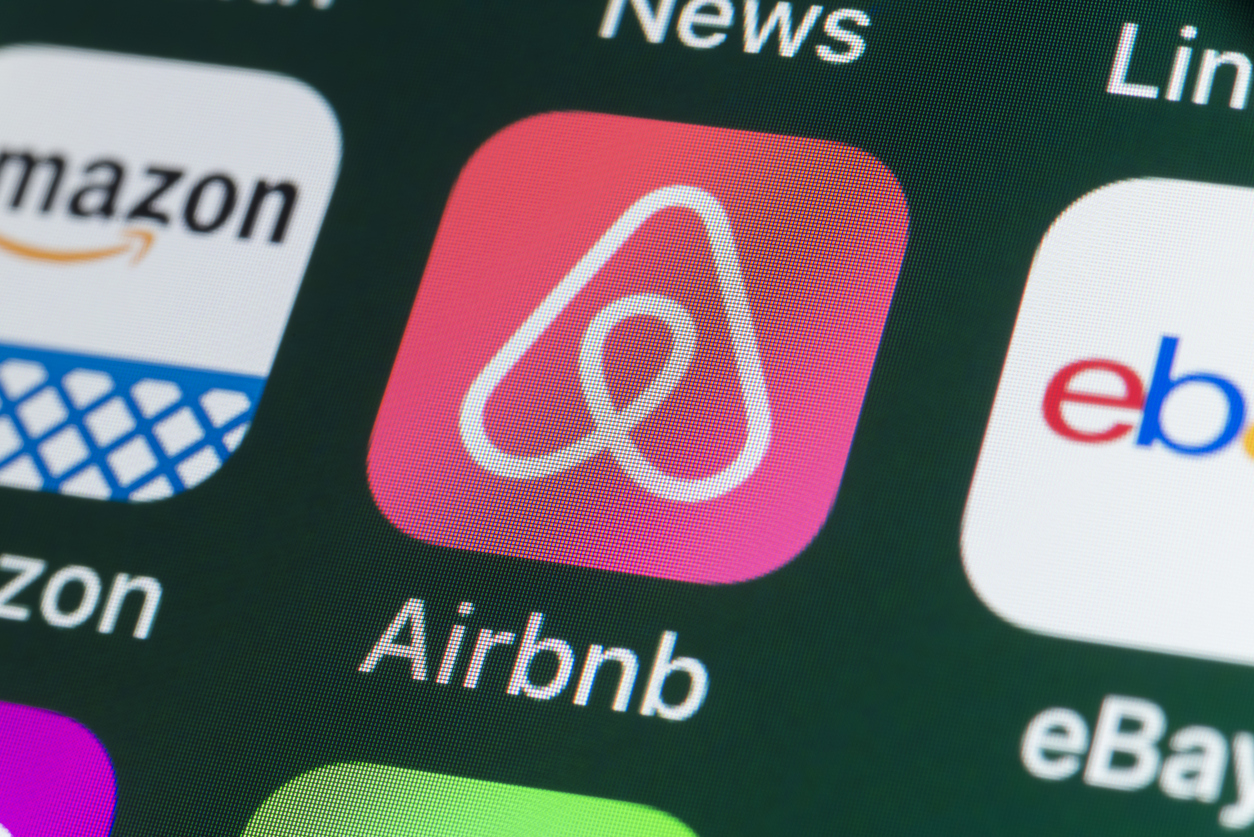The rise of Airbnb and other short-term rental platforms has provided homeowners with new opportunities to generate additional income by renting out their homes. However, if you have a mortgage on your property, you may wonder whether you can legally and practically rent your house on Airbnb.
This article explores the various considerations, including mortgage agreements, local regulations, insurance implications, and financial factors, to help you determine if you can Airbnb or VRBO your house while having a mortgage loan.
How to AirBnB Your House with a Mortgage Loan
Understanding Your Mortgage Agreement
The first step in determining whether you can rent your house on Airbnb if you have a mortgage is to review your mortgage agreement. Mortgage agreements often include specific clauses related to the use of the property, and these can vary significantly depending on the lender.
Owner-Occupancy Clauses
Many mortgage agreements, especially for primary residences, include an owner-occupancy clause. This clause requires the borrower to live in the property for a certain period, usually one year, after obtaining the mortgage. After this period, you may have more flexibility in how you use the property, but it is essential to check the specific terms of your agreement.
Restrictions on Short-Term Rentals
Some mortgage agreements explicitly prohibit short-term rentals, including Airbnb. These restrictions are often in place to protect the lender’s investment and ensure that the property is maintained properly. Violating these terms could result in penalties, including the possibility of the mortgage lender calling the loan due, which means you would have to pay the entire mortgage balance immediately.
Local Regulations and Zoning Laws
In addition to your mortgage agreement, you must also consider local regulations and zoning laws. Many cities and municipalities have specific rules governing short-term rentals, and these can vary widely.
Permits and Licenses
Some cities require homeowners to obtain permits or licenses to operate short-term rentals legally. These permits often come with specific requirements, such as safety inspections, occupancy limits, and fees. Failing to comply with these regulations can result in fines and other penalties.
Zoning Restrictions
Zoning laws may also restrict short-term rentals in certain residential areas. These laws are designed to maintain the character of neighborhoods and prevent disturbances to long-term residents. It is crucial to research your local zoning regulations to ensure that short-term rentals are allowed in your area.
Homeowners Association (HOA) Rules
If your property is part of a homeowners association (HOA), you must also consider the HOA rules and regulations. Many HOAs have specific restrictions on short-term rentals to preserve the community’s character and prevent disruptions.
Reviewing HOA Covenants
Review your HOA covenants, conditions, and restrictions (CC&Rs) to determine whether short-term rentals are permitted. Some HOAs may allow short-term rentals with certain conditions, such as requiring guests to follow community rules or limiting the number of rental days per year. Others may prohibit them altogether.
Insurance Considerations
Renting your home on Airbnb can significantly impact your insurance coverage. Standard homeowner’s insurance policies typically do not cover short-term rental activities, so you may need additional coverage.
Short-Term Rental Insurance
Many insurance companies offer specific policies for short-term rentals that provide coverage for property damage, liability, and loss of income. It is essential to inform your insurance provider about your plans to rent your home on Airbnb and ensure that you have adequate coverage.
Host Protection Insurance
Airbnb offers host protection insurance, which provides liability coverage for up to $1 million per occurrence. While this coverage can be helpful, it may not cover all potential risks, so having your own short-term rental insurance policy is still a good idea.
Financial Considerations
Renting your home on Airbnb can provide additional income, but it also comes with financial considerations that you need to be aware of.
Income Taxes
Income generated from short-term rentals is taxable, and you will need to report it on your tax return. The IRS requires you to report rental income and may allow you to deduct certain expenses related to the rental activity, such as cleaning fees, maintenance, and utilities.
Mortgage Interest Deduction
If you rent out your home for part of the year, you may still be able to claim the mortgage interest deduction on your tax return. However, the deduction may be limited based on the proportion of the time the property is used for personal use versus rental use.
Managing Your Airbnb Business
Operating a successful Airbnb rental requires careful management and attention to detail.
Pricing and Marketing
Setting competitive rental rates and marketing your property effectively are essential for attracting guests. Research similar listings in your area to determine appropriate pricing and use high-quality photos and descriptions to showcase your property’s features.
Guest Communication
Timely and professional communication with guests is crucial for maintaining high ratings and positive reviews. Be responsive to inquiries, provide clear check-in instructions, and address any issues promptly.
Property Maintenance
Regular maintenance and cleaning are necessary to keep your property in good condition and ensure a positive guest experience. Consider hiring a property management company if you cannot manage these tasks yourself.
Can you rent out a mortgaged property?
Yes, you can rent out a mortgaged property, but it is essential to check your mortgage agreement first. Some lenders have restrictions or require permission before you list your home on Airbnb. Make sure you make your monthly mortgage payments on time.
Takeaway on Airbnb a House with a Mortgage
Renting your house on Airbnb while having a mortgage is possible, but it requires careful consideration of several factors. Start by reviewing your mortgage agreement to ensure that short-term rentals are allowed. Next, research local regulations, zoning laws, and HOA rules to confirm that you comply with all legal requirements. Additionally, update your insurance coverage to protect yourself from potential risks and understand the financial implications, including taxes and deductions.
By taking these steps and managing your Airbnb rental effectively, you can generate additional income from your property while maintaining compliance with your mortgage agreement and local regulations. Always consult with legal and financial professionals to ensure that you are making informed decisions and protecting your investment. Smart Lending will help you find lenders that will help you find a mortgage on a home for VRBO and Airbnb.




